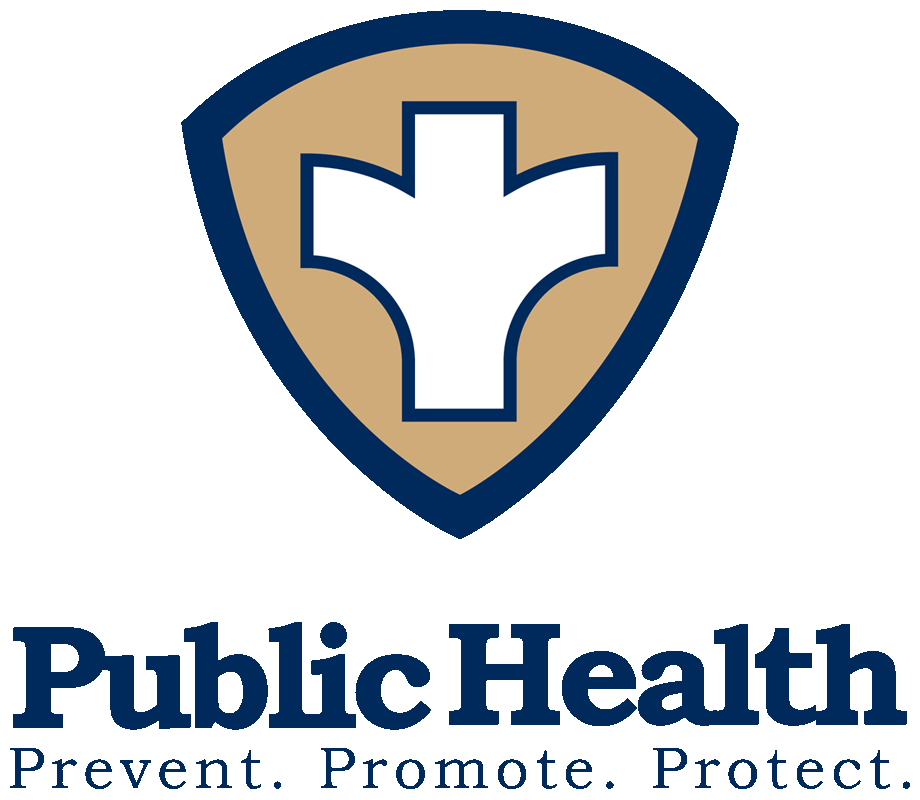Extreme Heat This Week -- Tips to Stay Cool
With temperatures expected to exceed 100 degrees for several days this week, we encourage the public to take steps to avoid heat-related illness.
Cooling bundles with water, snacks and other essential will be available to the public, and several library cooling centers will be open at various times this week. For more information, please see the Mid-Columbia Community Action Council’s flyer here.
Excessive heat causes more deaths than any other weather-related event in the U.S. Heat related illness can affect anyone at any age, but they are preventable.
The following tips apply to everyone, but please pay special attention if you are 65 or older, if you have existing medical problems like heart disease, if you work outdoors, or if you care for children under the age of four.
Stay Cool
Find air-conditioned shelter
Avoid direct sunlight
Wear lightweight, light-colored clothing
Take cool showers or baths
Do not rely on a fan as your primary cooling device
Stay Hydrated
Drink more water than usual, even if you’re not thirsty
Avoid alcohol or liquids containing high amounts of sugar
Remind others to drink enough water
Stay Informed
Keep updated through local news or reliable social media resources on extreme heat alerts and safety tips
Learn the symptoms of heat illness, listed on the attached fact sheet
To learn more about preventing heat-related illness, as well as the signs and symptoms of heat stroke and heat exhaustion, please visit www.oregon.gov/heat
For weather updates, please visit the National Weather Service (enter your city & state to get a weather forecast):
http://www.weather.gov/forecastmaps
For weather watches, warnings or advisories for Oregon, visit NOAA at
https://alerts.weather.gov/cap/or.php?x=1
(For more information, please contact North Central Public Health District at (541) 506-2600 or visit us on the web at www.ncphd.org or our Facebook Page at https://www.facebook.com/NorthCentralPublicHealth/.)
